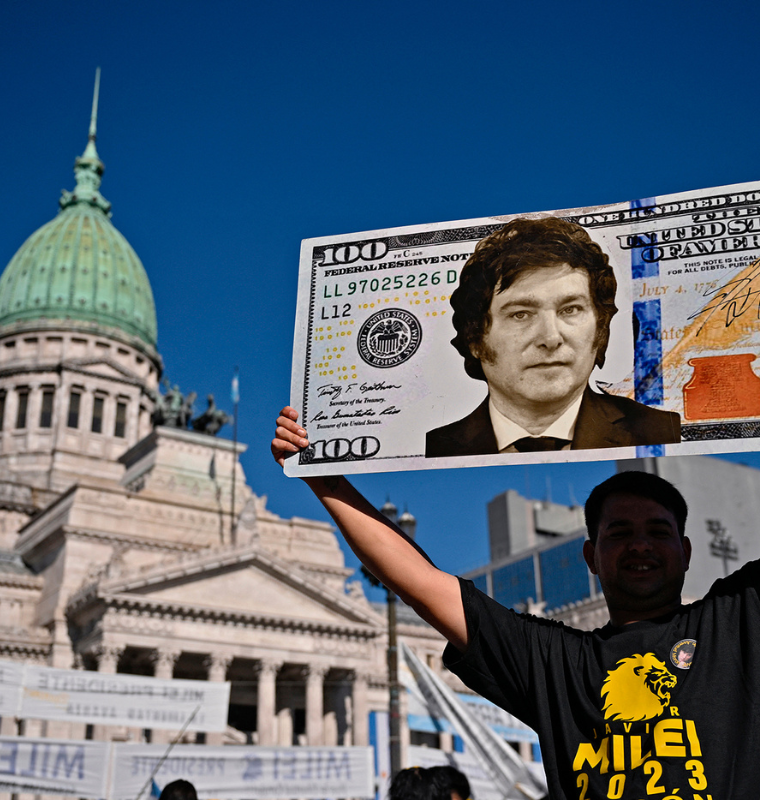Fund Managers Urge Congress to Address Section 899 Concerns to Prevent Foreign Investment Outflows
Fund Managers Urge Congress to Address Section 899 Concerns to Prevent Foreign Investment Outflows
By
David Goldfarb
Last updated:
June 10, 2025
First Published:
June 10, 2025

Fund Managers Lobby to Avert Potential Capital Outflows Due to Section 899
American fund managers are raising alarms over a provision in President Donald Trump’s tax bill, specifically Section 899, which they say could drive foreign investors to withdraw their investments from the U.S. market. This provision, tucked within the broader "One Big Beautiful Bill Act," has already passed through the U.S. House of Representatives and is currently under review by the Senate.
The bill targets foreign-owned firms operating in the U.S. from countries that implement "unfair foreign taxes" such as the Digital Services Taxes and the OECD’s global minimum tax rules. However, industry representatives are concerned that the current form of the bill could inadvertently harm the broader investment landscape by penalizing foreign investments in U.S. stocks, which could result in swift capital outflows.
The Impact on Foreign Investors and U.S. Equities
The Investment Company Institute (ICI), which represents a large portion of U.S. fund management firms, is actively lobbying Congress to amend Section 899. The ICI’s concern is that, in its current form, the provision would tax passive income from U.S. equity investments, disproportionately affecting foreign investors and, ultimately, U.S. equity markets.
The ICI issued a letter to Senator Mike Crapo, Chairman of the Senate Finance Committee, on June 5, stating that the proposed tax would likely cause foreign portfolio investors to “quickly retreat” from U.S. equities. If this were to occur, it could result in capital outflows that would not only hurt U.S. companies but also depress the U.S. stock market, impacting both domestic and international investors.
What Does Section 899 Do?
Section 899 is designed to impose a retaliatory tax on foreign-owned firms from countries with tax measures that the U.S. considers unfair. Specifically, this includes countries that implement digital taxes or participate in international tax regimes like the OECD’s global minimum tax framework.
The tax would start at 5% and rise incrementally by 5 percentage points each year until it reaches a maximum of 20%. This additional tax burden could significantly reduce returns for foreign investors in U.S. equities, particularly those focused on dividend-paying companies.
Unintended Consequences: Collateral Damage for the Fund Management Industry
In its letter, the ICI points out that the U.S. fund management industry, which collectively manages around $18 trillion in U.S. stocks, would suffer as collateral damage due to Section 899’s broad reach. The provision would apply to U.S. mutual funds, exchange-traded funds (ETFs), and their foreign counterparts, such as UCITS funds, potentially discouraging foreign investment in these vehicles.
Investment funds generally charge fees based on the assets under management, so a significant withdrawal of foreign capital could impact the earnings of U.S.-based fund managers. This would be a concerning outcome, as these firms rely on a steady flow of investments to support their operations and generate profits.
The Broader Impact: A Threat to U.S. Markets
Foreign investors currently hold approximately $19 trillion in U.S. stock markets, $7 trillion in U.S. government bonds, and $5 trillion in U.S. credit, according to data from Apollo Global Management. These investments play a crucial role in supporting the liquidity and stability of U.S. markets. If Section 899 results in foreign investors pulling out their capital, it could lead to lower stock prices, decreased market liquidity, and potentially hinder economic growth.
While the ICI acknowledges the U.S. government’s legitimate goal of protecting U.S. businesses from discriminatory foreign taxes, it cautions that Section 899 in its current form could backfire. If foreign capital exits U.S. markets in large volumes, countries like the EU, the UK, and others could benefit, as their local equity markets could see an influx of capital. This unintended outcome would run counter to the objectives of the bill.
A Critical Decision for European Investors: Will U.S. Stocks Remain Attractive?
Yuri Khodjamirian, Chief Investment Officer for Tema ETFs, highlighted the growing concerns among European investors who focus on dividend-distributing U.S. companies. He noted that the tax burden imposed by Section 899 would force investors to reconsider their U.S. holdings. “If suddenly you have to pay tax on that income, why would you hold that?” he questioned, pointing out that the tax would make U.S. stocks less attractive to foreign investors seeking reliable dividend income.
In particular, dividend yields on U.S. stocks are relatively low compared to international markets, and many U.S. companies prefer share buybacks over dividend payouts. This could dampen the impact of Section 899 on U.S. equities, as Khodjamirian suggested that the effect on capital gains and other shareholder distributions would likely be less significant than on dividend income.
Looking Ahead: What Could This Mean for U.S. Equity Markets?
The potential capital flight from the U.S. stock market, driven by Section 899, would likely not have a catastrophic impact on the broader market, especially given the strong fundamentals of major U.S. companies. However, the ripple effect could still be felt, particularly in sectors where foreign investments are more concentrated, such as technology and healthcare.
While U.S. companies in the S&P 500 may not be heavy dividend payers, the broader shift in investor sentiment could lead to increased volatility in U.S. equity markets. As foreign investors pull back, the U.S. could lose its position as a leading destination for global capital, which would have long-term implications for the economy.
Seeking a Balanced Solution
As the Senate considers Section 899, it is crucial for lawmakers to strike a balance between protecting U.S. business interests and ensuring that the U.S. remains an attractive destination for foreign capital. The lobbying efforts from fund managers and industry representatives underscore the potential risks of the current bill, which may inadvertently harm the U.S. economy by driving foreign investors away. In the coming months, policymakers will need to carefully assess the potential consequences of Section 899 and consider amendments that would mitigate its negative impact on U.S. equity markets and global investor sentiment.
Popular articles
Subscribe to unlock premium content
Fashion Waste and Sustainability in Fast Fashion Are Forcing a Global Industry Reboot

The Rise and Fall of Argentina’s Economy Reflects a Cycle of Promise and Crisis

Vietnam’s Manufacturing Boom Is No Accident and It’s Just Getting Started

Fashion Waste and Sustainability in Fast Fashion Are Forcing a Global Industry Reboot

The Rise and Fall of Argentina’s Economy Reflects a Cycle of Promise and Crisis

Fashion Waste and Sustainability in Fast Fashion Are Forcing a Global Industry Reboot









